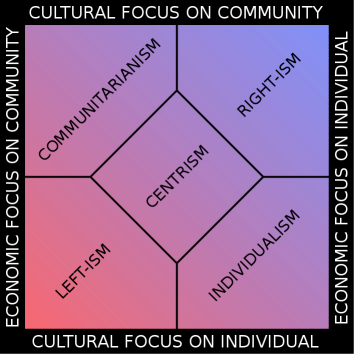atheism
Morality Without God
It keeps being said that without God, there can be no morality. It keeps being said that if we’re evolved from selfish genes, there can be no altruism. It keeps being said that a universe without a divine creator is a universe without meaning.
And it’s flat out wrong.
I’m sympathetic to religious sentiments, even if I think the accompanying metaphysical interpretation of those sympathies is in error. But I’m entirely unsympathetic to those of a religious persuasion spreading untruths and fallacious arguments about secular morality.
It’d be like me saying that there is a God, and He is malevolent.
Disagreement over the existence of God is one thing, but to misrepresent the religious view is not acceptable. Not for anyone. Likewise, misrepresentation of the secular view by the religious is ignorant at best, malicious (and immoral) at worst.
So, in the interests of providing a clear and unambiguous exposition of the secular moral position, I’ve compiled a list of false claims made by some in the religious community and the reasons why they’re in error.
